Can Canon Lens Fit On Nikon Camera?
When it comes to photography, one of the most common questions that arise among enthusiasts and professionals alike is whether lenses from one brand can be used on a camera body from another brand. Specifically, many people wonder if Canon lenses can fit on Nikon cameras. This question is not just about physical compatibility but also involves considerations of functionality, image quality, and practicality. In this article, we will delve into the intricacies of using Canon lenses on Nikon cameras, exploring the technical aspects, potential benefits, and limitations.
Understanding Lens Mounts
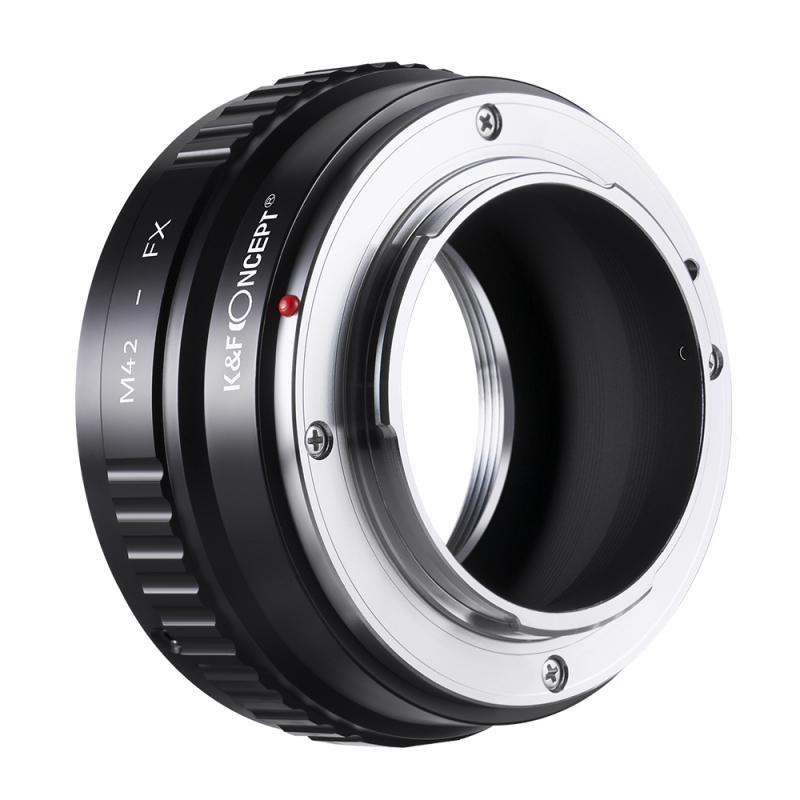
The first thing to understand is that camera lenses and bodies are designed with specific mounts. A lens mount is a standardized interface that connects a lens to a camera body. Canon and Nikon, being two of the largest camera manufacturers, have their own proprietary mounts. Canon uses the EF (Electro-Focus) mount for its DSLR cameras and the RF mount for its mirrorless cameras. Nikon, on the other hand, uses the F-mount for its DSLRs and the Z-mount for its mirrorless cameras.
Physical Compatibility
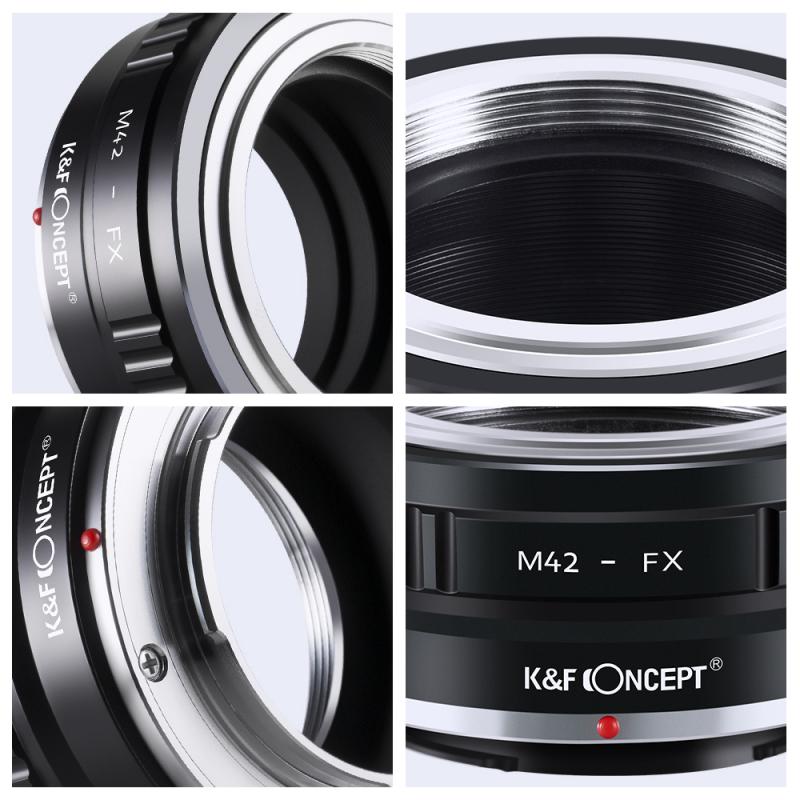
Physically, Canon EF and RF lenses cannot directly fit onto Nikon F or Z mount cameras due to differences in the mount design. The flange focal distance (the distance between the lens mount and the camera sensor) is different for each brand. Canon EF lenses have a flange focal distance of 44mm, while Nikon F-mount lenses have a distance of 46.5mm. This difference means that a Canon lens cannot be mounted directly onto a Nikon camera without an adapter.
Using Lens Adapters
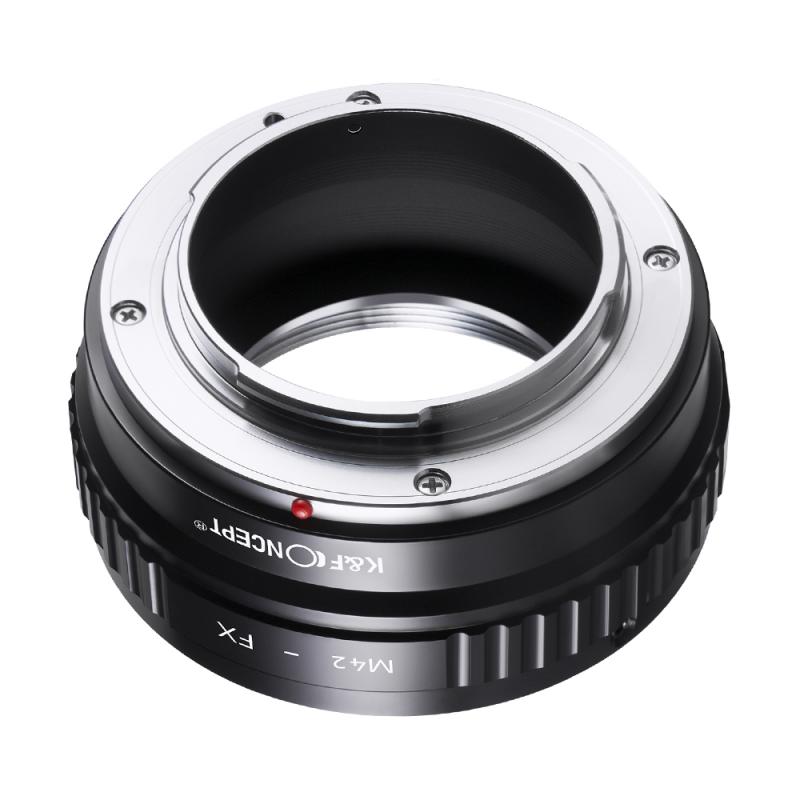
Lens adapters are the most common solution for mounting Canon lenses on Nikon cameras. These adapters act as a bridge between the lens and the camera body, compensating for the differences in flange focal distance and mount design. There are several types of adapters available, ranging from simple mechanical adapters to more complex ones that maintain electronic communication between the lens and the camera.
Mechanical Adapters
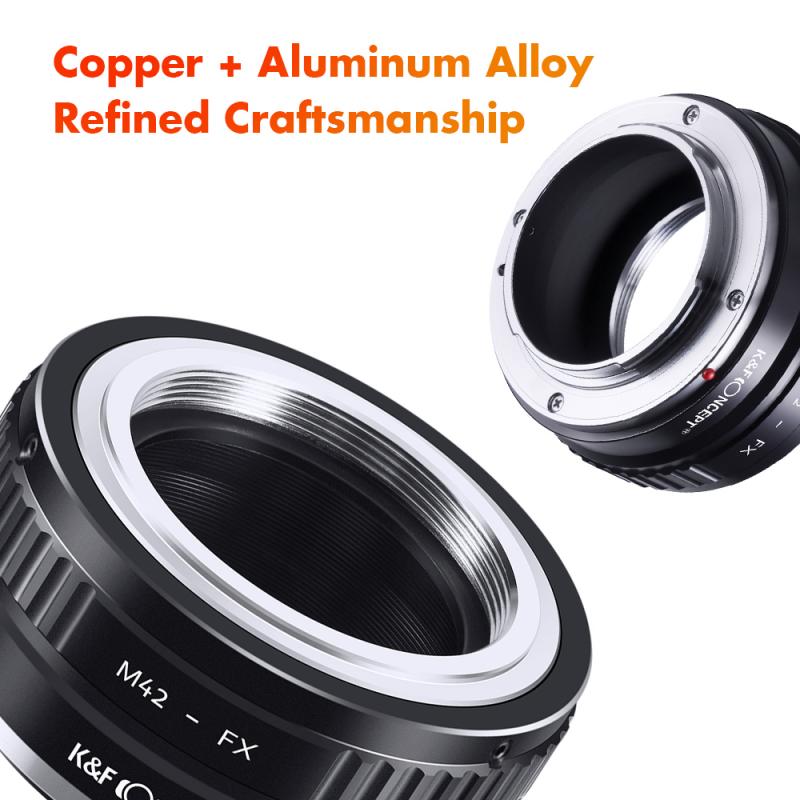
Mechanical adapters are the simplest and most affordable option. They physically connect the Canon lens to the Nikon camera but do not transmit any electronic signals. This means that autofocus, image stabilization, and aperture control will not work. You will need to manually focus the lens and set the aperture using the lens's aperture ring, if it has one. While this can be limiting, it is a viable option for those who primarily shoot in manual mode or use lenses with manual aperture control.
Electronic Adapters
Electronic adapters are more advanced and expensive. They maintain electronic communication between the lens and the camera, allowing for autofocus, image stabilization, and aperture control to function. However, the performance of these features may not be as reliable or fast as when using native lenses. Additionally, not all electronic adapters support all Canon lenses, so it is essential to check compatibility before purchasing.
Image Quality Considerations
Using an adapter can introduce some optical issues, such as vignetting, reduced sharpness, and chromatic aberration. The quality of the adapter plays a significant role in minimizing these issues. High-quality adapters are designed to maintain the optical integrity of the lens, but they can be quite expensive. It is crucial to research and invest in a reputable adapter to ensure the best possible image quality.
Practicality and Use Cases
While it is technically possible to use Canon lenses on Nikon cameras, it may not always be practical. Here are some scenarios where using an adapter might make sense:
1. Specialty Lenses: If you own a specialty Canon lens, such as a tilt-shift or macro lens, and want to use it on a Nikon camera, an adapter can be a cost-effective solution compared to buying a new lens.
2. Budget Constraints: If you already own a collection of Canon lenses and are switching to a Nikon camera, using adapters can save you the cost of replacing your entire lens lineup.
3. Experimentation: For photographers who enjoy experimenting with different lenses and setups, adapters provide the flexibility to mix and match gear from different brands.
However, there are also scenarios where using an adapter may not be ideal:
1. Professional Work: For professional photographers who rely on fast and accurate autofocus, using native lenses is generally the best option. The potential for reduced performance with adapters can be a significant drawback in high-stakes situations.
2. Video Work: Videographers often require smooth and reliable autofocus and image stabilization. The potential inconsistencies with adapters can be problematic for video production.
In summary, while Canon lenses cannot directly fit on Nikon cameras due to differences in lens mounts and flange focal distances, lens adapters provide a viable solution. Mechanical adapters offer a budget-friendly option for manual focus and aperture control, while electronic adapters maintain some level of electronic communication between the lens and camera. However, using adapters can introduce optical issues and may not always be practical for professional or video work.
Ultimately, the decision to use Canon lenses on Nikon cameras depends on your specific needs, budget, and willingness to work around the limitations. By understanding the technical aspects and potential trade-offs, you can make an informed decision that best suits your photography or videography requirements.


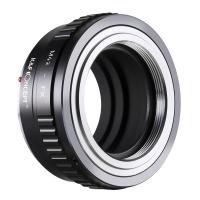
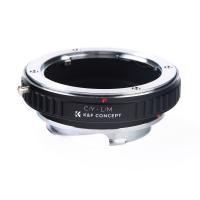
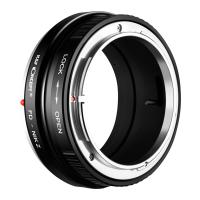
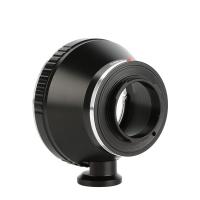
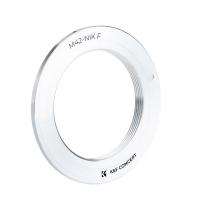
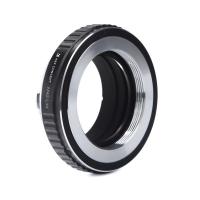
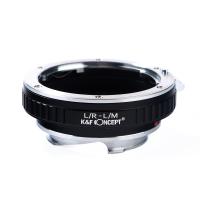
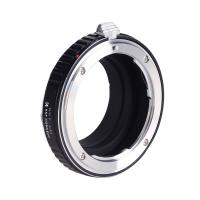

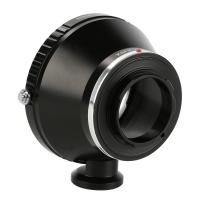
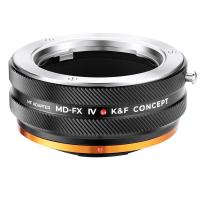
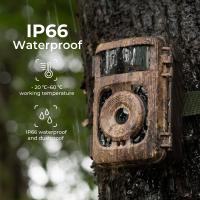
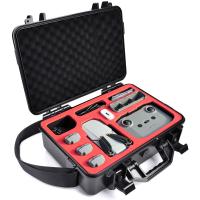
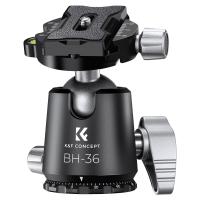
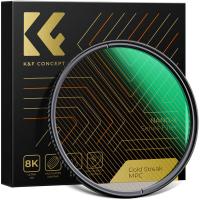
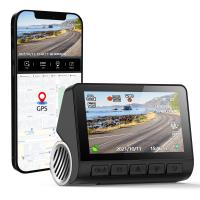
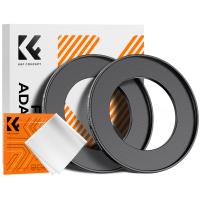
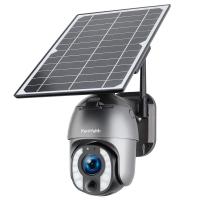
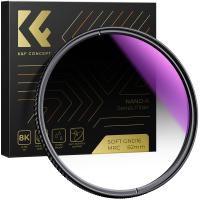
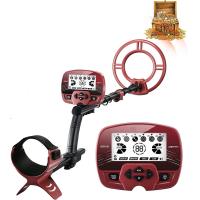
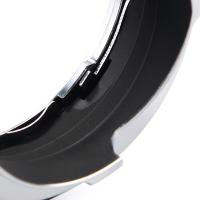
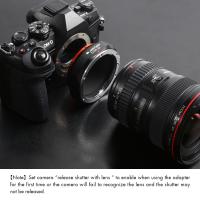
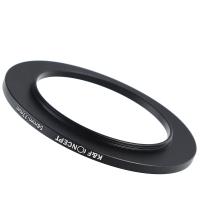
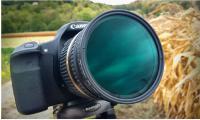
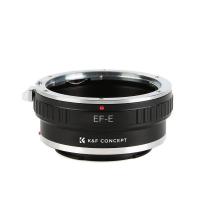
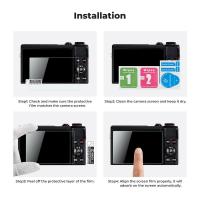
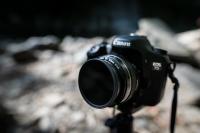
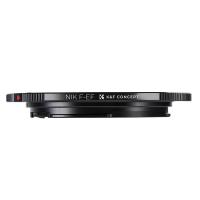
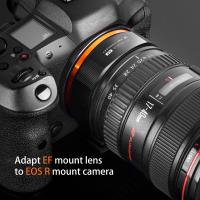
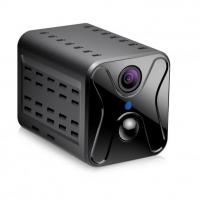
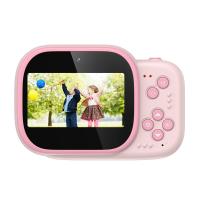
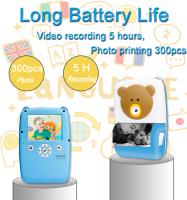
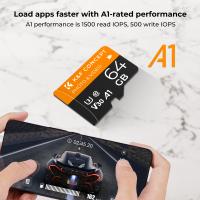
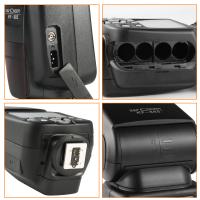
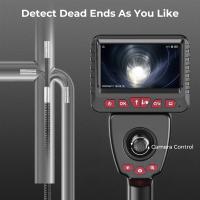
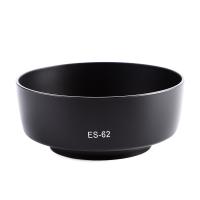
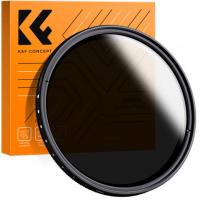
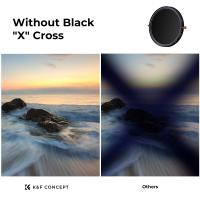
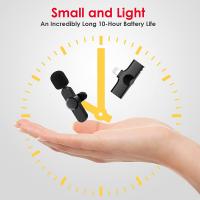
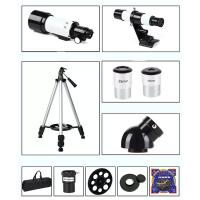
There are no comments for this blog.